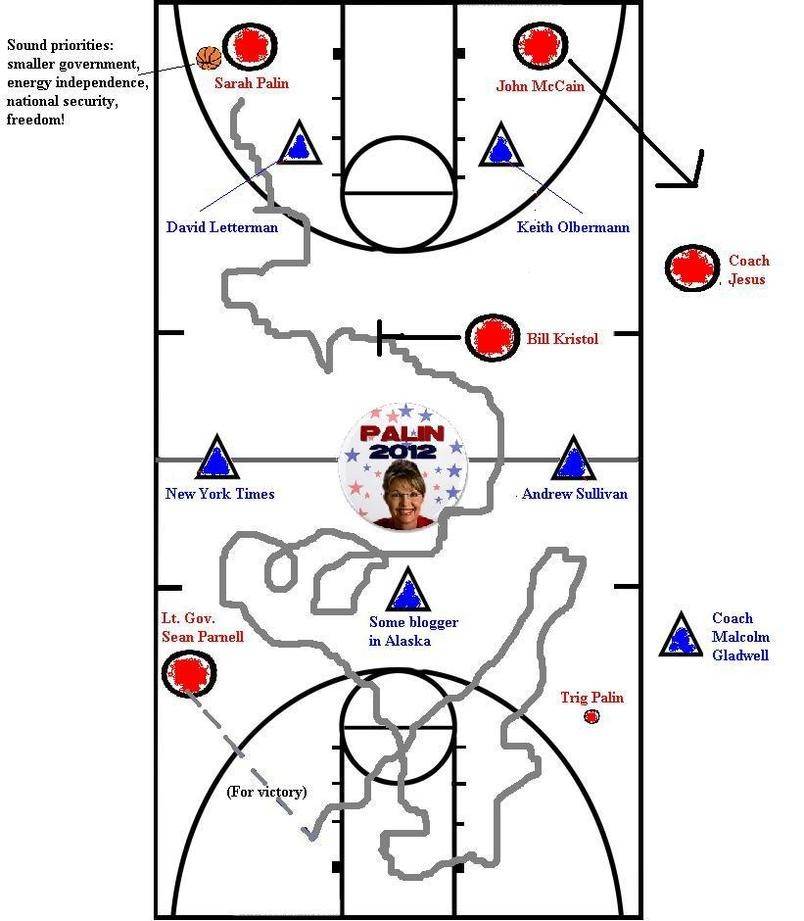
Tommy Craggs is not without opinions.
He states them clearly and persuasively, and he doesn’t give the impression of second-guessing himself often. His writing is focused, rational, clearheaded — and often at odds with the vast majority of America’s sportswriters.
Craggs has vaulted from Uni High kid to Deadspin senior writer, with stops in between at Northwestern’s Medill School of Journalism, several freelance jobs in the Bay Area and New York, Slate, and Play, the New York Times’ late, lamented sports magazine.
As a freelance writer, he’s probably best-known for “Say it Ain’t So, Joe,” his 2005 emperor-has-no-clothes piece on Joe Morgan, ESPN’s “proudly ignorant” baseball analyst. He also wrote a short piece for New York magazine that caught Stephon Marbury at the precise moment when he went from privately crazy to publicly crazy.
In his first few months with Deadspin, he’s been cranking out think pieces on topics ranging from steroids, why your ballpark sucks, Joe Buck, and diagramming Sarah Palin basketball metaphors:

Over the course of our phone conversation on Monday night, we touched on local issues like the Chief (“I know we’re in the age of the aggrieved white man and everything … but you’ve got to give it up”), downtown Champaign’s renaissance (“Douchebags aside, it’s nice to see a little life” there), and the News-Gazette (“Great sports section … the rest is utterly disposable”). He’d just experienced his first IT-related snow day at Deadspin, and he was well-rested and dealing.
Craggs got his start at the News-Gazette as a scoretaker. “I was into journalism and especially sportswriting from essentially my junior year of high school,” he recalled. “The school paper at Uni, my adviser there, a guy named Dave Porreca, he’s one of those teachers you bore people talking about years down the road, someone really influential.”
At Uni, he played on the basketball team. “I remember, my senior year, we started at one point — I’m half-Korean — three and a half Koreans. Which is just absurd. We were small, and relatively quick, but very weak, too.
“We would play these farm schools, and it was always an interesting cultural experience, always this cultural exchange,” he continued. “I remember hearing somebody turn to their mom or sister in the stands and ask, ‘Are those boys from China?’ I seem to remember my senior year and there was a guy sitting in the stands wearing a KKK shirt.”
After high school he headed north to Evanston to study journalism at Medill. “I don’t know if this is well-known outside of Northwestern, but we’re called Medilldos, and it’s not actually affectionate,” he noted. “I went to journalism school there, and it’s just now dawning on people that it’s ridiculous to think you need four years of journalism school to teach you how to write for a newspaper or whatever.
“So yeah, I did four years of Northwestern, and probably learned as much in four years of journalism school as I did in three weeks at the school paper. I don’t think that’s really an exaggeration.”
He worked in the sports section of the school newspaper, covering the hapless Wildcat athletic teams. “You have to cover Northwestern sports with some sense of irony, and some sense of the ridiculousness of it all,” Craggs said. “We pretend to be a Big Ten school, with Big Ten-caliber teams, but we really [aren’t].”
After graduation, Craggs ended up in the Bay Area, where his sports loyalties underwent a tectonic shift. “I grew up a Cubs fan, and I get a lot of shit from people for this, but I abandoned the Cubs after 2003,” he admitted. “I became an A’s fan. I was living in the Bay Area at the time, and after 2003 it was too painful, and I realized there’s just so much misery… I couldn’t do it any more. My dad was really into that team, watching a lot of baseball, and 2003 season took so much out of both of us.”
 Craggs tried to put this shocking betrayal into perspective by basically blaming it all on George W. Bush: “In San Francisco, young people who care about baseball just seemed to be instinctively an A’s fan. Moneyball came out, and this will sound horribly pretentious, but there was something about rooting for the A’s that just seemed like you were rooting for an idea. And this was during the height of Bush’s [first] term, and there was just this idea that you were rooting for a team that was using reason and not just operating from the gut. Going about its business in just a rational way. It was an antidote for a lot of crap out there. I hear Joe Morgan talk, and I see George Bush’s face. It all runs together for me, that proud ignorance.”
Craggs tried to put this shocking betrayal into perspective by basically blaming it all on George W. Bush: “In San Francisco, young people who care about baseball just seemed to be instinctively an A’s fan. Moneyball came out, and this will sound horribly pretentious, but there was something about rooting for the A’s that just seemed like you were rooting for an idea. And this was during the height of Bush’s [first] term, and there was just this idea that you were rooting for a team that was using reason and not just operating from the gut. Going about its business in just a rational way. It was an antidote for a lot of crap out there. I hear Joe Morgan talk, and I see George Bush’s face. It all runs together for me, that proud ignorance.”
He moved to New York in the fall of 2006, where he did “magazine work, mostly. Before it folded, I was writing for the New York Times’ sports magazine, Play. That was my dream magazine. When I was in college and had fantasies of writing for a publication of my own devising, that was it. It sort of broke my heart when it [folded] — part of me thought that was sportswriting’s last real shot.”
Craggs isn’t worried about journalism as a whole though, despite all the doom and gloom surrounding newspapers. “I think that when people talk about the death of journalism, they’re talking about the death of the journalism business model, which is a totally different animal,” he said. “When people get nostalgic over newspapers and print, they’re getting nostalgic over essentially a vehicle for Sears ads, and underwear ads, and lawnmower ads, classifieds. That’s what the newspaper is, the journalism you have to sort of separate.
“When you look at it that way, journalism’s doing great. The demand has never been higher, and people are producing high-quality journalism in different venues. The question you come to is how are you going to get people to pay for it, and I have no idea how to answer that.”
Then, this May, he came on board at Deadspin, the wildly popular, influential, ESPN-baiting, love-it-or-hate-it sports blog founded by former Daily Illini sports editor and Mattoon native Will Leitch. In his time there, Craggs has taken one of the themes from his freelance work — condemning the stupidity of the mainstream media — and distilled his take-no-prisoners approach to blog-length missives. “Deadspin isn’t exactly your first stop for sophisticated media criticism, but that’s something we can do, because we are outsiders,” he said. Just yesterday, he took on sports media stars Rick Reilly and Mike Lupica.
He’s already heard that Sports Illustrated’s Richard Deitch refers to him as an “ego killer,” but Craggs isn’t too worried about it. “I honestly hadn’t thought about what I was doing in that way, but there’s just so much stupidity out there. I think they’re actually having a toxic effect on sports fans. I feel the need to say something, somebody’s got to say something.”
And he’s right. Keep up the good work, Tommy.








